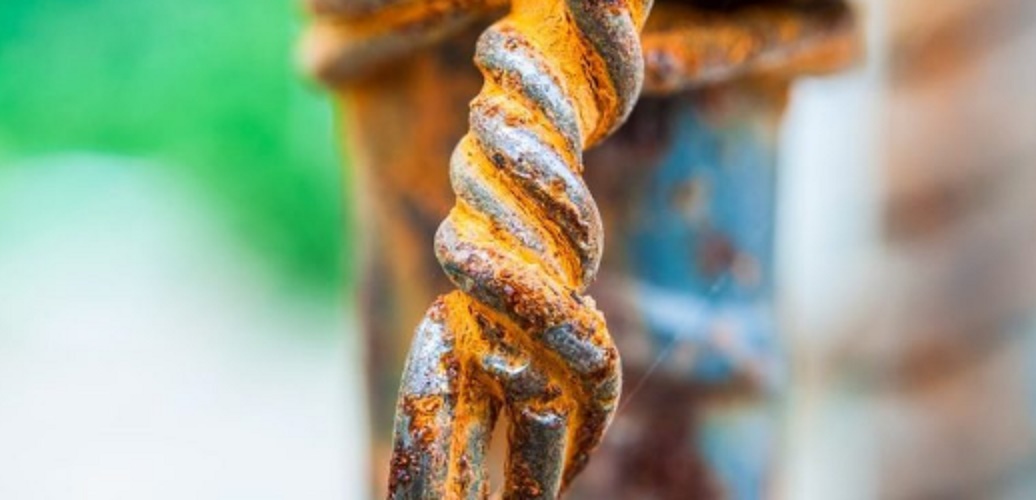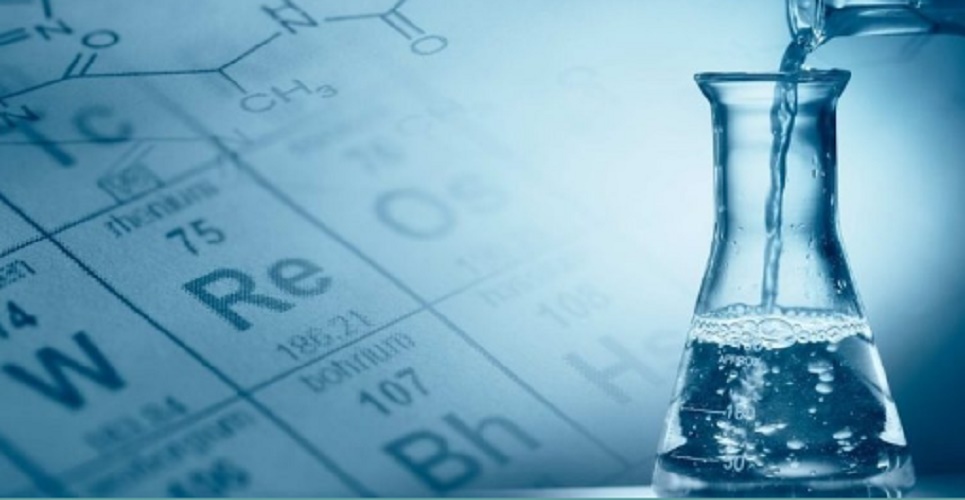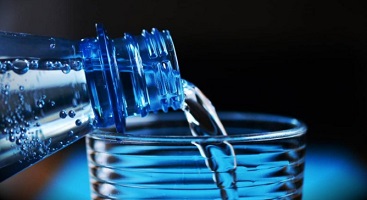What is oxidation?
We explain what oxidation is and how it is produced. In addition, the types of oxidation, oxidation number and reduction.
-
What is oxidation?
Oxidation is commonly referred to the chemical reactions in which oxygen is joined with other substances , forming molecules called oxides . This is particularly common in the world of metals, although nothing exclusive of them, and in chemical terms it is understood as the loss of electrons from an atom , increasing its positive charge.
As oxygen is an element that usually accepts these surplus electrons, it “colloquially” baptized these types of reactions, which in specialized language are called reduction-oxidation , oxide-reduction or simply redox .
Take into account that the name oxygen comes from the Greek oxys , “acid”; and genos , “producer”: that is, oxygen is called that because it corrodes metals , just as acid does.
Of course, most cases of oxidation involve oxygen, but it can also occur in the absence of it. And similarly, oxidation and reduction always occur together and simultaneously .
Two elements that exchange electrons always participate in them:
- The oxidizing agent . The chemical element that picks up the transferred electrons , that is, that receives them and increases their negative charge. This is called having a lower oxidation state, or in other words, being reduced.
- The reducing agent . The chemical element that gives or loses the transferred electrons, increasing its positive charge. This is called having a higher oxidation state, or in other words, being oxidized.
Then: the oxidizing agent is reduced by the reducing agent, while the reducing agent is oxidized by the oxidizing agent. In this way we have to oxidize is to lose electrons , while to reduce is to gain electrons .
These processes are common and everyday, in fact they are indispensable for life: living beings obtain chemical energy thanks to similar reactions, such as glucose oxidation (glycolysis).
-
Types of oxidation

There are two known types of oxidation:
- Slow oxidation . The one that is produced due to the oxygen contained in the air or in the water , the one that causes the metals to lose their shine and suffer corrosion when they are exposed to the environment for too long.
- Rapid oxidation . That which occurs in violent chemical reactions such as combustion, usually exothermic (release energy in the form of heat), and occurs primarily in organic elements (with carbon and hydrogen content).
-
Oxidation number

The chemical elements have an oxidation number, which represents the number of electrons that said element puts into play when it is associated with others to form a certain compound .
This number is always integer , usually written in Romans, and is represented positive or negative, depending on whether the element in question loses or gains electrons during the reaction, respectively.
For example: an element with oxidation number + I tends to lose an electron when reacting with others, while one with number -I tends to gain an electron when it reacts with others to form a compound. These oxidation numbers can be as high as electrons involved in the process , and they tend to depend in some cases on what elements they are reacting with.
-
Oxidation and reduction
Oxidation and reduction are, as we have said, inverse and complementary processes, which always occur at the same time. In the first, electrons are lost and in the second they are gained, thus varying the electrical charges of the elements.
These reactions are often used in industrial and metallurgical processes , for example, to reduce minerals by obtaining pure metal elements such as iron or aluminum; or in the combustion of organic matter, such as in power generation plants or even in jet engines.





